 |
| January 21, 2020 |
Dear Reader,
Despite the extraordinary success of Einstein's theory of general relativity, physicists still wonder if it might someday face the same fate as Newton's law. As Tom Siegfried writes in our main story, there is no guarantee that general relativity reigns over the entire expanse of the cosmos. He shares several rival theories that have been proposed in recent decades. Also, researchers are trying to develop environmentally-friendly fridges using twistable fibers. And existing drugs to treat diseases ranging from diabetes to alcoholism could also work against cancer, according to a new study. |
| | Sunya Bhutta, Senior Editor, Audience Engagement
@sunyaaa | |
 |
| |
| |
| |
| |
| Medicine The Unexpected Diversity of Pain It comes in many types that each require specialized treatment, and scientists are learning to diagnose different varieties | | By Amber Dance,Knowable Magazine | | | |
| |
FROM THE STORE
 | | Ask the Experts: Chemistry In this installment of the Ask the Experts series, Chemistry, our professors, scientists and researchers tackle reader questions about the substances that compose all matter, their properties and how they interact and change. Queries range from elementary questions, such as why some elements change color over a flame, to how chemistry works in everyday life to how certain substances affect the body and more. |  | | |
| |
FROM THE ARCHIVE
 | | | |
| QUOTE OF THE DAY
 "To save man from the morass of propaganda, in my opinion, is one of the chief aims of education. Education must enable one to sift and weigh evidence, to discern the true from the false, the real from the unreal, and the facts from the fiction." Dr. Martin Luther King Jr., "The Purpose of Education," 1947 | |
LATEST ISSUES
 |
| |
| Questions? Comments?  | |
| Download the Scientific American App |
| |
| |




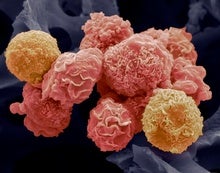

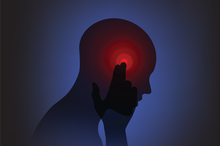

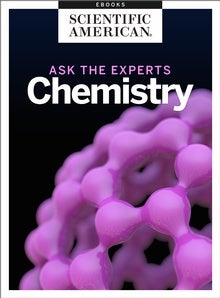


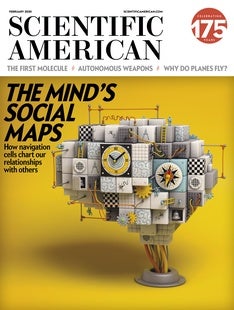

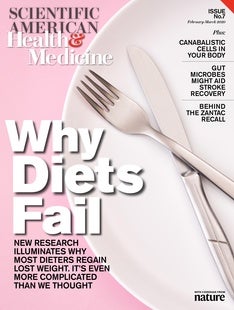
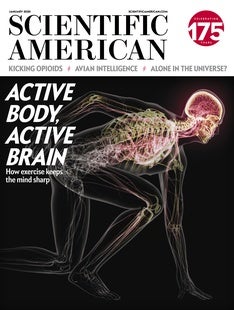
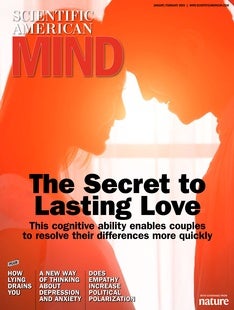



Comments
Post a Comment